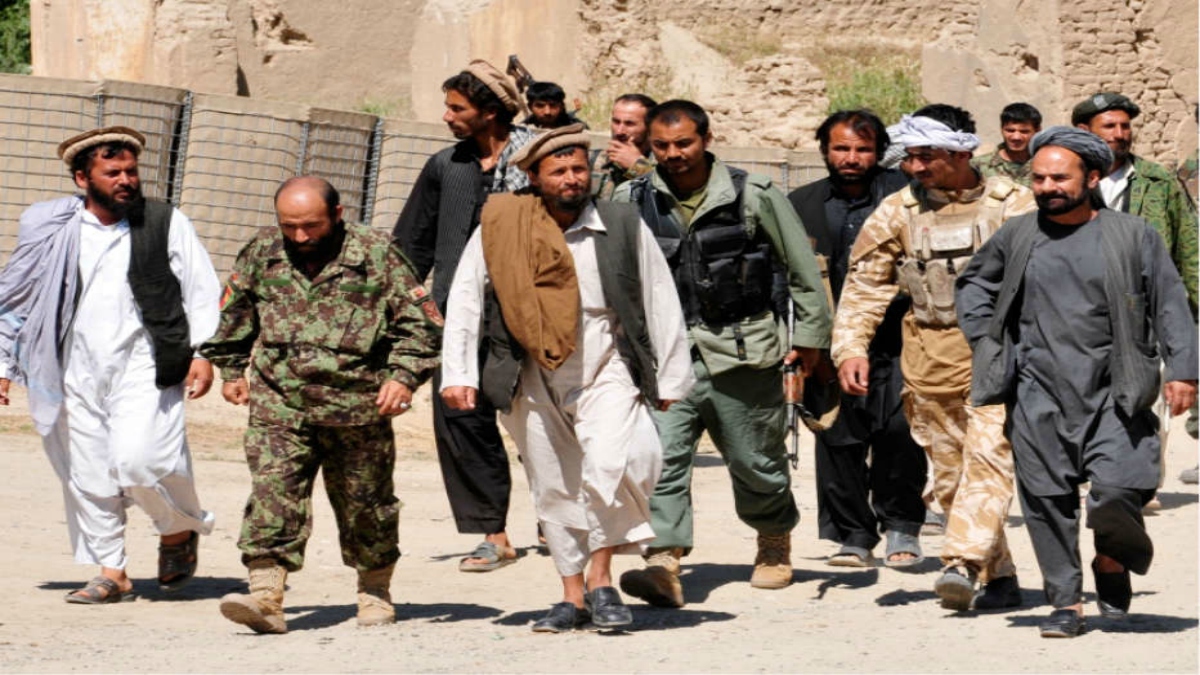Afghanistan has been the “Graveyard of Empires”. After decimating the Soviet Union in the 20th century, it became a sore in the eyes of the US in the 21st century as the US tried to find the elusive peace for Afghans.
The recent US-Taliban peace talk was one of the last efforts to bring peace in the region. But will it succeed?
The Usanas Foundation has recently organized a webinar on the topic ‘Healing the wounds of Kandahar and Kabul: Searching for Peace in Afghanistan’.
Member, National Security Advisory Board and Former Envoy to Afghanistan Amar Sinha said that this is the first-time certain set of conditions have been placed before the Intra -Afghan talks could take place. Such negotiations are made possible because the US and Taliban’s interests have coincided in reducing US troops in Afghanistan.
Dr. Michael Rubin who is a former Pentagon Official and Resident Scholar at the American Enterprise Institute believes that American diplomacy with rogue regimes is more involved with the process than peace. Examples are spread throughout history in the case of Iran, Iraq and North Korea or the Islamic Emirates of Taliban. The US is willing to keep the diplomacy alive and willing to ignore that the Taliban might not be serious in the peace process.
Madhav Nalapat, Strategic Affairs Expert, Editorial Director, The Sunday Guardian and NewsX believes that history gets repeated more than once and Afghanistan has proved it.
He broadened the scope of the argument beyond Afghanistan and brought China into the picture. Nalapat does not support the deal with the Taliban and calls it a disaster for Afghanistan.























